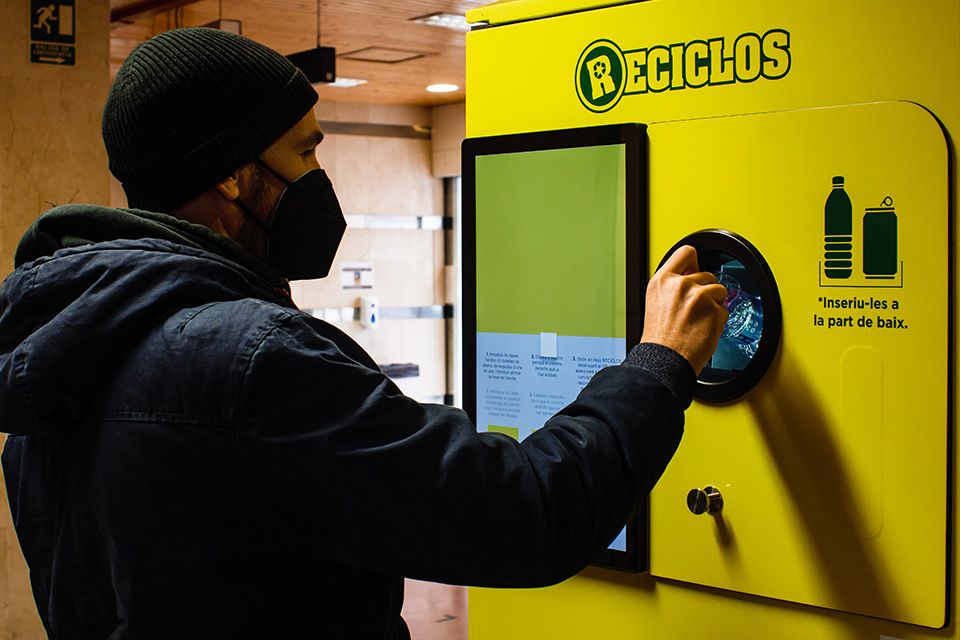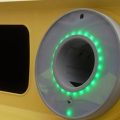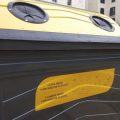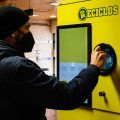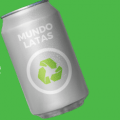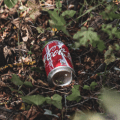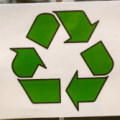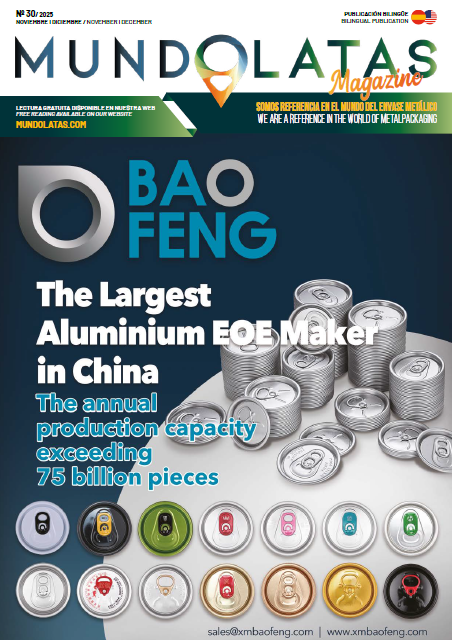In this way, visitors who pass through these complexes every day can continue to recycle the cans and plastic beverage bottles they consume outside their homes, facilitating the circularity of this waste, i.e., that they become new containers or products after recycling. By using these machines, users will receive points with which they can help improve their environment through sustainable or social incentives. For example, you can give the RECYCLE points you earn from recycling to projects that donate food to vulnerable or needy families.
In addition, RECICLOS wants to contribute to promote a responsible and rational consumption of this type of packaging. For this reason, it sets a weekly limit on the number of cans and plastic beverage bottles for which citizens get points for recycling.
“At Parque de Atracciones de Madrid we are committed to protecting the environment and recycling in a natural environment such as the one in which we are located, in Casa de Campo. That is why, with RECICLOS, our visitors will help to contribute to the recycling process of cans and plastic drink bottles in the park”.said Arantxa Orusco, Director of Communications at Parque de Atracciones de Madrid.
“Awareness and protection of biodiversity is one of the basic pillars of Zoo Aquarium of Madrid in its work for the conservation of endangered species, also reinforcing this role of raising awareness on issues such as recycling through various educational activities throughout the year and in this case, with initiatives such as these, in collaboration with Ecoembes, aimed at the general public”.said María José Luis, Director of Communications at Zoo Aquarium of Madrid.
“We want recycling to be present in all areas of our daily lives, beyond our homes, which is why it is so important that places like leisure parks are committed to this initiative. RECICLOS is also an evolution in the way we recycle, integrating technology and rewards to further encourage this habit. In this way, we continue to move forward together to meet the ambitious recycling targets set by the European Union”, said Nieves Rey, Director of Communication at Ecoembes.
Here’s how RECICLOS recycling with rewards works
To make use of the RECICLOS machines, users only have to register in the webapp (app.reciclos.com), deposit all your cans and plastic beverage bottles in a RECYCLES machine and scan the QR that the machine will display.
By doing so, they will obtain points, called RECYCLES, which they can exchange for the different rewards available, such as, in the case of the machines in these parks, giving them to projects that donate food to vulnerable people. These points will have a weekly limit so that citizens not only recycle more and better their packaging, but also consume responsibly.
A system that is already present in all the autonomous communities.
The SDR RECICLOS was born in TheCircularLab, Ecoembes’ open innovation centre. After its implementation in several municipalities in Catalonia as a pilot project, RECICLOS is already in several municipalities in this region, as well as in other municipalities and cities in the country.
With the five machines installed in these leisure parks, there are now 62 machines in different parts of the country, such as shopping centres -like La Zenia (Orihuela), Los Arcos (Seville) or Ponte Vella (Ourense), among others-; maritime ports -specifically, in the Balearia stations in Valencia and Denia-; leisure places -Science Museum, Umbracle and Oceanogràfic in Valencia-; markets and municipal buildings; transport stations -such as those of Ferrocarrils de Cataluña- and a hospital -Sanitas La Zarzuela-.

